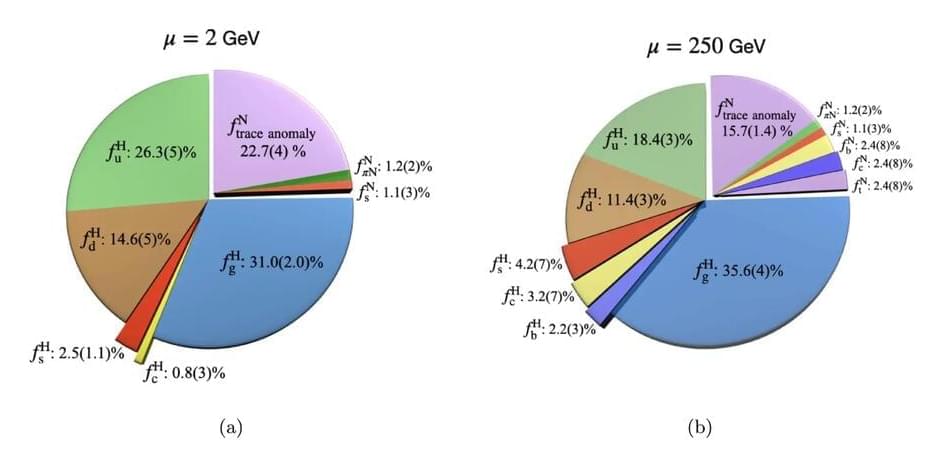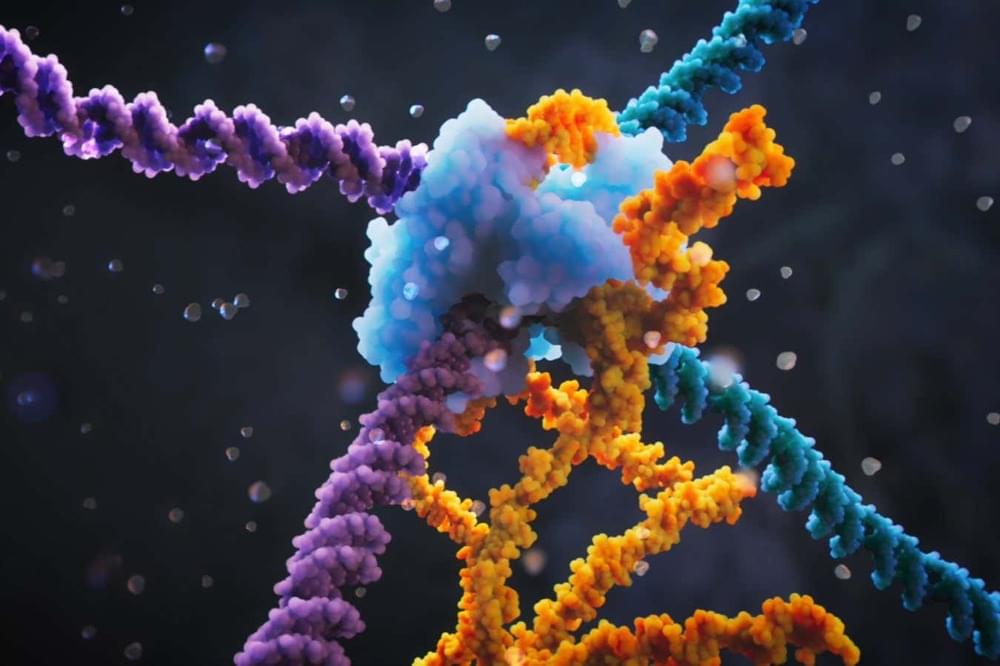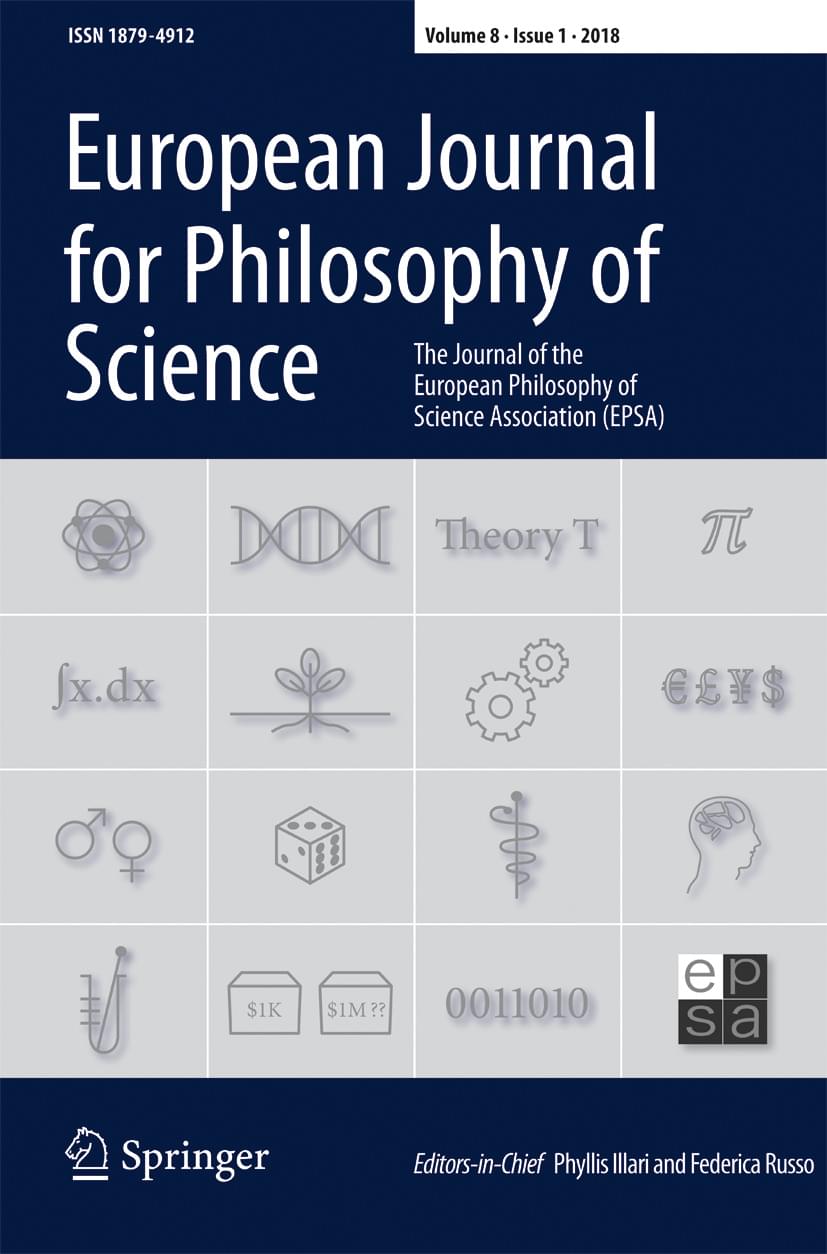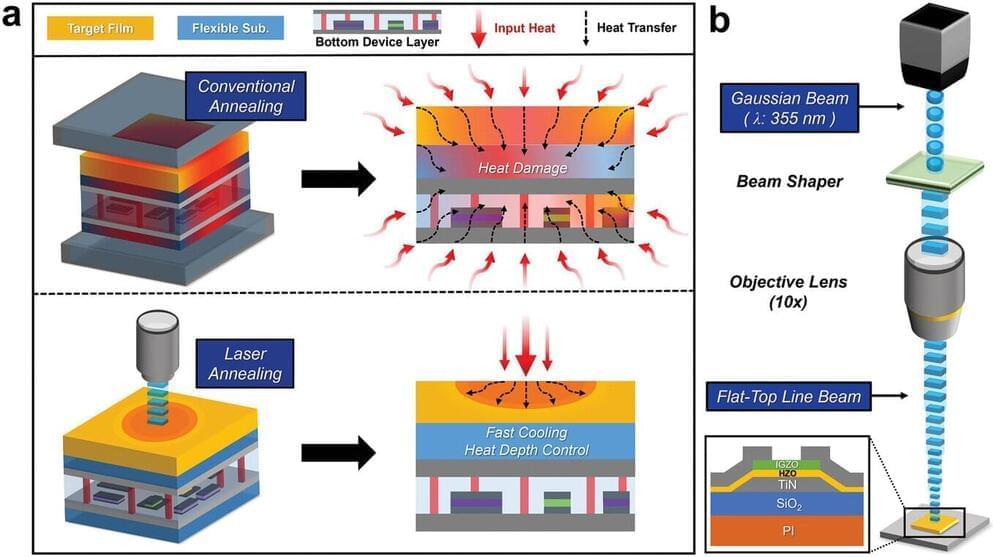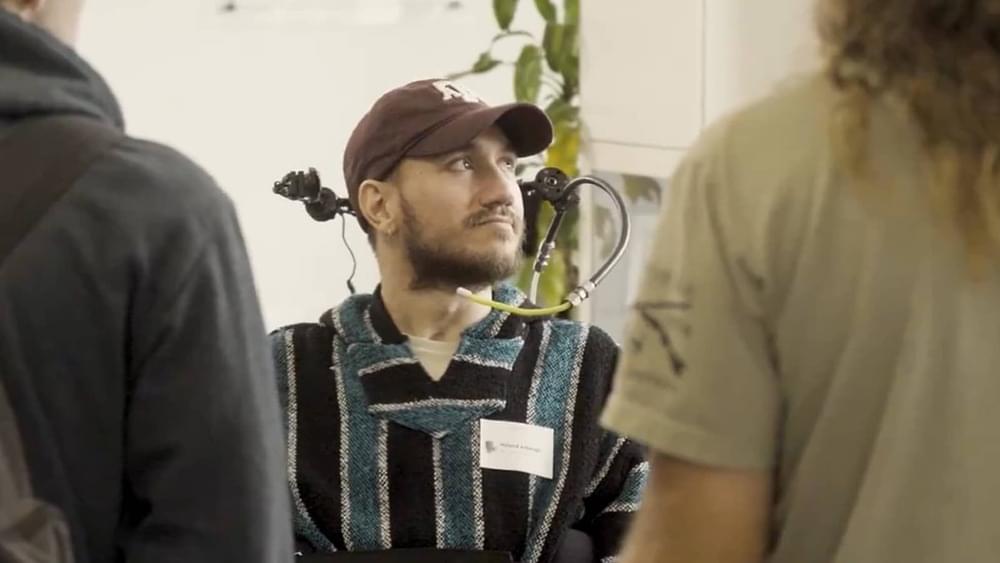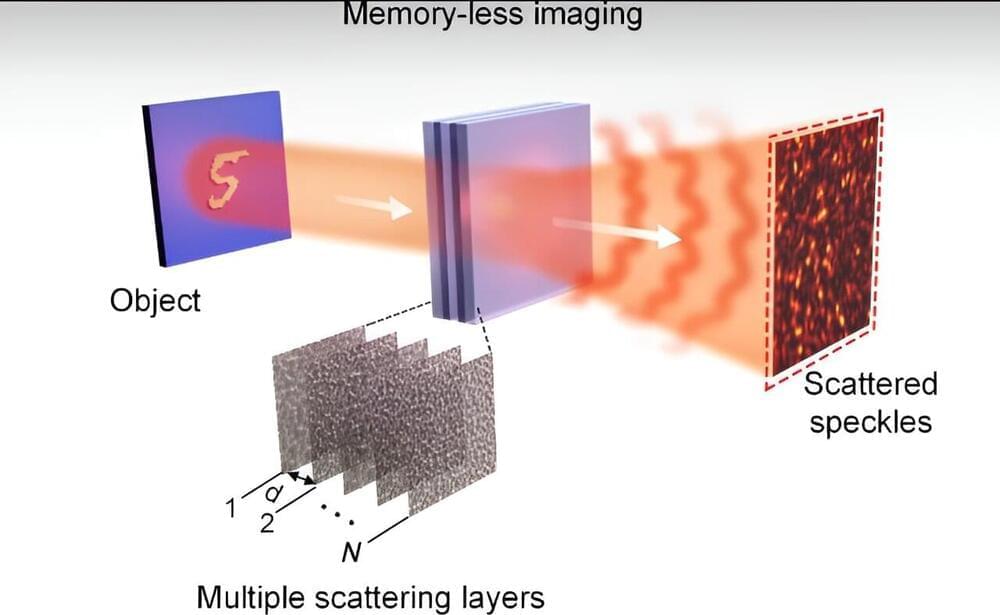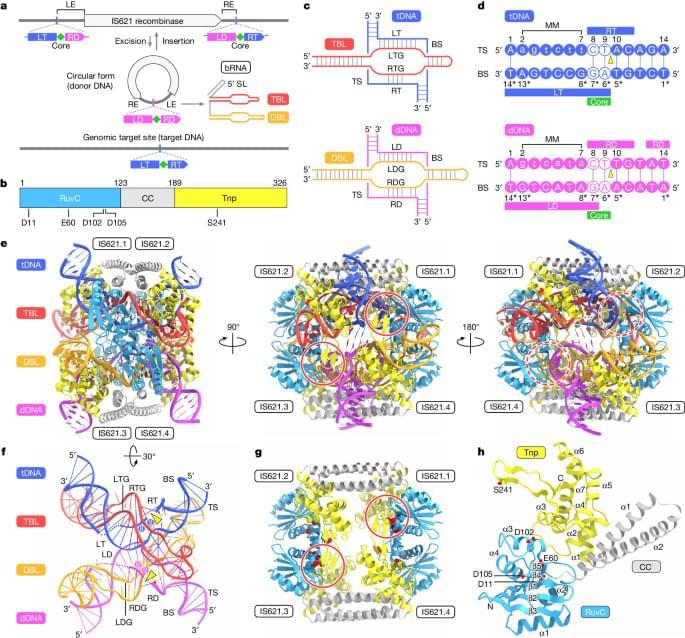Within the vast tapestry of the universe, where the microscopic building blocks of matter intertwine with the cosmic dance of galaxies, lies a story of profound discovery. Venture into a realm where the laws of physics as we know them are both challenged and confirmed, where the invisible forces that hold the very fabric of our reality together are brought into the light. This narrative isn’t born from the pages of a science fiction novel but emerges from the cutting-edge explorations at the heart of quantum physics. At this frontier, scientists embark on a rigorous inquiry to understand the origins of particle mass, revealing insights that connect the infinitesimal to the immense, from the atoms in our bodies to the distant stars.
